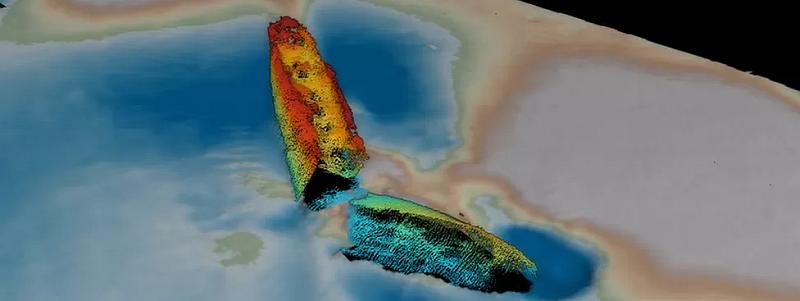
Graphic: Bangor University
In April of 1912, the cargo-passenger liner SS Mesaba radioed an ice warning to RMS Titanic. The message was received but never made it to the bridge.
The supposedly unsinkable Titanic then hit an iceberg and sank on her maiden voyage, with the loss of 1,500 lives. Mesaba herself was sunk, by a torpedo in World War I in 1918.
Now, the BBC reports that Bangor University researchers, using state-of-the art multibeam sonar, have been able to identify the Mesaba‘s wreck and pinpoint her final resting place.

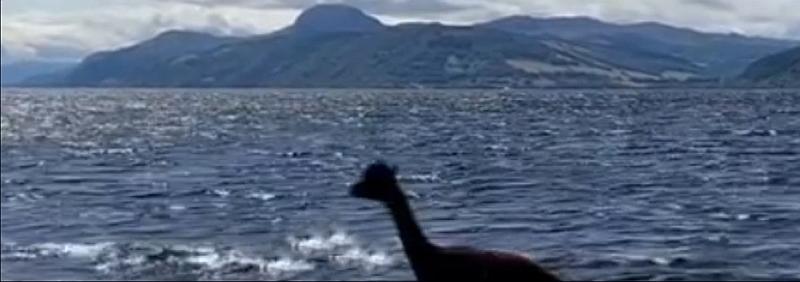 On a recent trip to Scotland, we visited the beautiful Loch Ness. While we were there, we heard of a sighting of a weird beastie in the loch. But no, not Nessie, the famous monster, or even a loch
On a recent trip to Scotland, we visited the beautiful Loch Ness. While we were there, we heard of a sighting of a weird beastie in the loch. But no, not Nessie, the famous monster, or even a loch 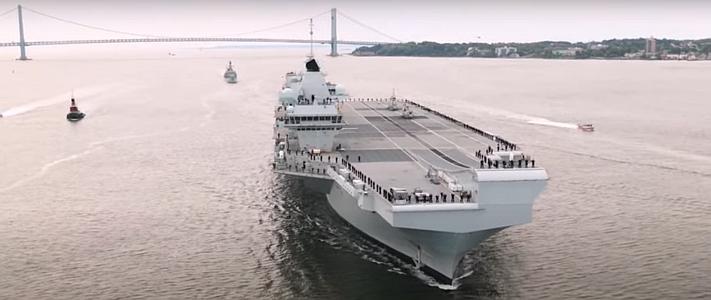 The Royal Navy aircraft carrier
The Royal Navy aircraft carrier  The
The 
 In early September, just weeks before his sentencing in a decade-long Navy bribery and corruption scandal, Leonard Glenn Francis, known as “
In early September, just weeks before his sentencing in a decade-long Navy bribery and corruption scandal, Leonard Glenn Francis, known as “
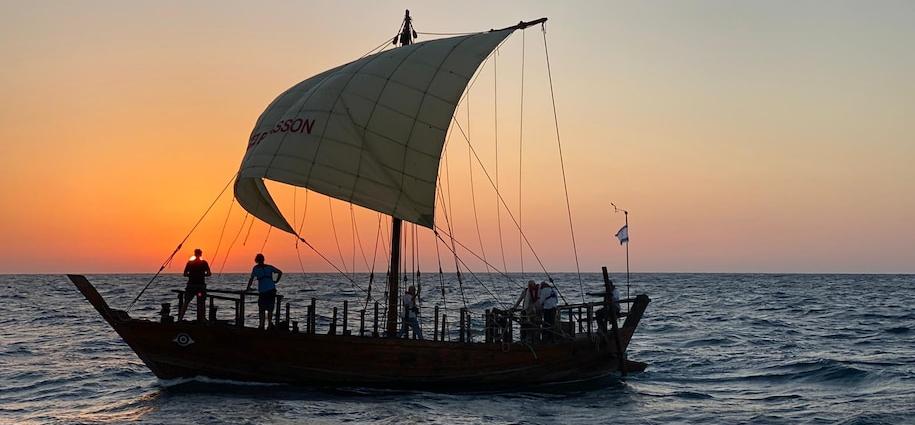
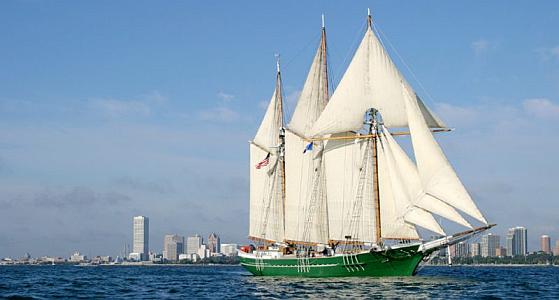 The 137-foot
The 137-foot 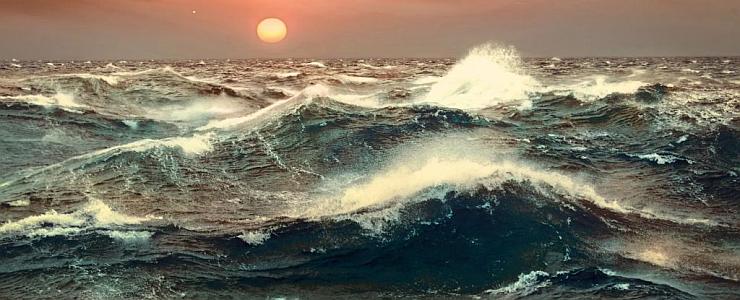
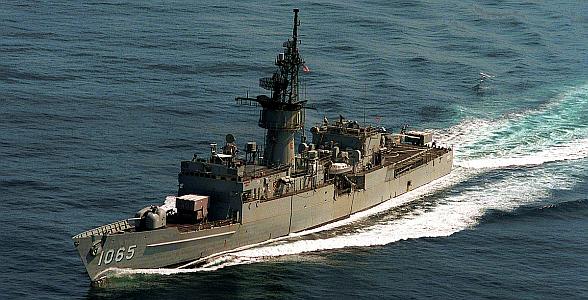 The legend of the
The legend of the  Herbert “Bert” Jacobson was 21 when he died in the Japanese attack on Pearl Harbor on December 7, 1941. Over 80 years later, he was finally laid to rest yesterday in Arlington National Cemetery in Virginia. He was one of 429 sailors and Marines on the battleship
Herbert “Bert” Jacobson was 21 when he died in the Japanese attack on Pearl Harbor on December 7, 1941. Over 80 years later, he was finally laid to rest yesterday in Arlington National Cemetery in Virginia. He was one of 429 sailors and Marines on the battleship  On the morning of September 4, at 7:35 AM, Leonard Glenn Francis, known as “Fat Leonard,” cut his ankle bracelet monitor and
On the morning of September 4, at 7:35 AM, Leonard Glenn Francis, known as “Fat Leonard,” cut his ankle bracelet monitor and 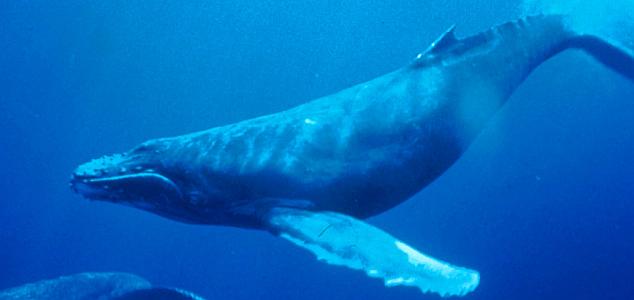 The
The  An updated repost. There is a line from a Paul Simon song, “these are the days of miracle and wonder.” One might not think to apply that lyric to the events of 9/11, 21 years ago today. Yet for at least part of that strange and horrible day, they fit. The great
An updated repost. There is a line from a Paul Simon song, “these are the days of miracle and wonder.” One might not think to apply that lyric to the events of 9/11, 21 years ago today. Yet for at least part of that strange and horrible day, they fit. The great 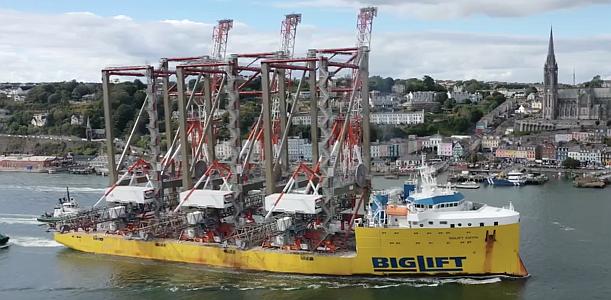
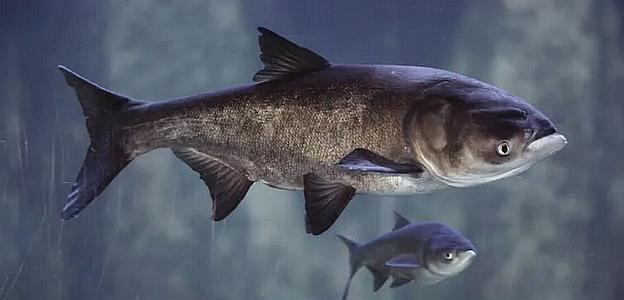 If you can’t beat them, eat them. That is the idea at the Illinois Department of Natural Resources as one approach
If you can’t beat them, eat them. That is the idea at the Illinois Department of Natural Resources as one approach